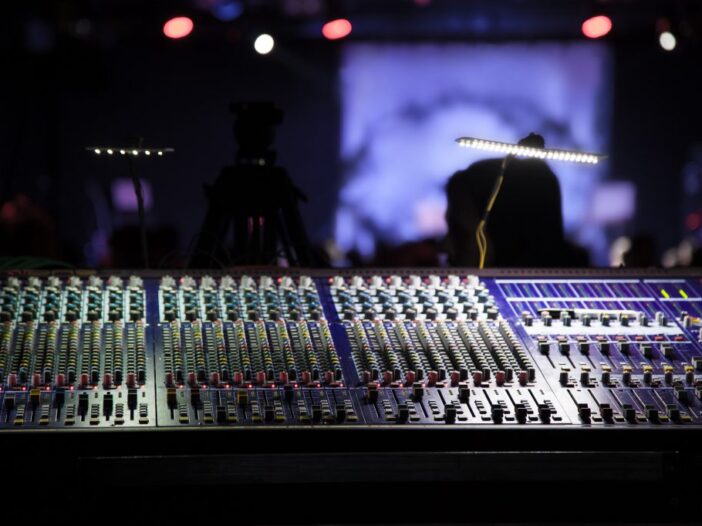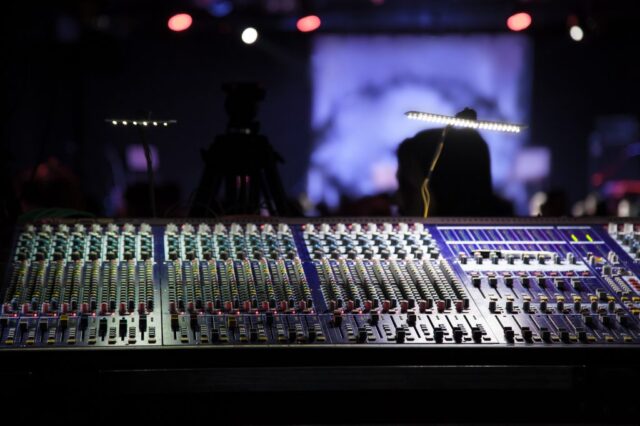
What Meeting Planners Need to Know for Using Audio
Corporate events often involve the use of audio content, whether it’s background music, live performances, or speeches delivered through a sound system. However, meeting planners need to be aware of the legal and technical considerations that come with using licensed audio content.

One of the primary considerations is copyright law. Copyright laws protect the rights of creators of original works, including music and other audio content. Unauthorized use of copyrighted material can result in legal consequences, such as fines or even lawsuits. Meeting planners need to ensure that all audio content used in their events is legally licensed and properly credited to the original copyright holder.
Performance rights are another important consideration for meeting planners. If the event features live music, meeting planners need to secure performance rights for the songs being performed. This means obtaining permission from the relevant performing rights organizations, such as ASCAP, BMI, or SESAC. Failure to secure performance rights can result in legal consequences, such as fines or even lawsuits.
Meeting planners may also need to pay royalties to the copyright holder or performing rights organizations for the use of audio content. The amount of royalties will depend on the type of audio content and how it will be used. For example, if the event features background music played through a sound system, meeting planners may need to pay a royalty fee to the performing rights organization that represents the copyright holder of the songs being played.
In addition to legal considerations, meeting planners need to ensure that the audio content used at the event is of high quality and appropriate for the occasion. This means choosing music or other audio content that is relevant, engaging, and suitable for the audience. For example, if the event is a formal business conference, background music should be low-key and unobtrusive, while live performances should be professional and polished.
Technical considerations are also important for meeting planners when it comes to audio content. Meeting planners should ensure that the audio system used at the event is capable of delivering high-quality sound and is properly configured for the audio content being used. This may involve working with audio technicians or other experts to ensure that the audio system is properly set up and optimized for the event.
One common technical consideration for meeting planners is the use of wireless microphones. Wireless microphones can be convenient for speakers or performers who need to move around the stage or interact with the audience. However, meeting planners need to ensure that the wireless microphones are properly configured and used to prevent interference with other audio equipment or signals.
Another technical consideration for meeting planners is the use of sound dampening materials. Acoustics can greatly impact the quality of the audio, so meeting planners should choose a space that is suitable for the type of event and ensure that the sound system is properly configured for the space. Sound dampening materials, such as curtains or carpets, can help improve the acoustics of a space and reduce echo or feedback.
Meeting planners need to be aware of the legal and technical considerations that come with using licensed audio content at corporate events. This includes ensuring that all audio content is legally licensed, securing performance rights for live music, paying royalties as needed, selecting appropriate and engaging audio content, and ensuring that the audio system is properly configured and optimized for the event. By taking these considerations into account, meeting planners can create a memorable and engaging event that meets the needs of their audience.
Ready to talk about your next project? Give us a call!




